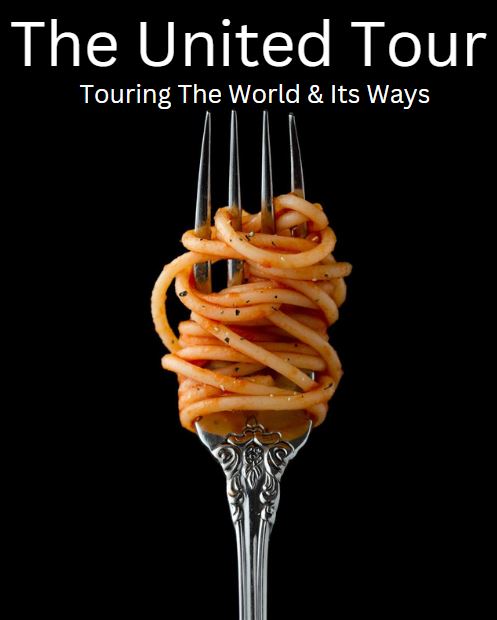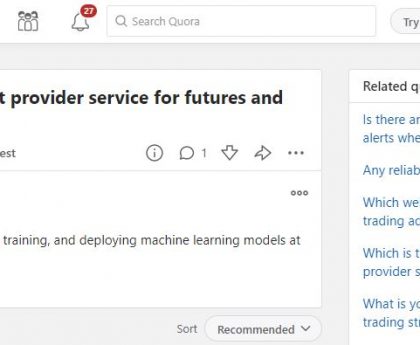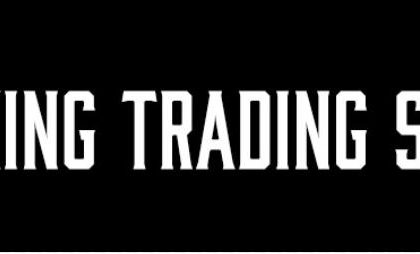A personal loan is a loan in which you borrow money from a lender and pay it back in instalments. It’s an attractive option if you’re in need of a lump sum of cash but don’t have a lot of other financial accounts. These loans usually offer a lower interest rate than other types of debt. They can be used to cover medical bills, wedding expenses, or a home improvement project. Personal loans also help with debt consolidation.
Getting a personal loan will only require a few minutes of your time if you read more information at Siste post på Finanza. Your credit score and other financial data will be taken into account. The lender may also ask you for collateral.
You might be able to qualify for a personal loan if you have a steady income. This is because the lender is interested in evaluating your ability to make payments. If you have a good credit score, you’ll likely qualify for better rates.
Using a personal loan to cover an expensive purchase, such as a car or a home, is a savvy idea. However, you should only use a loan for a purchase you can pay off quickly.
A credit card is also an acceptable way to borrow money. Some credit cards have a 0% introductory interest rate.
You may also want to consider a line of credit. Lenders may have a minimum requirement for your loan, so shop around to find the best deal.
The right personal loan can be just the ticket to get you on the road to financial success.
Secured vs unsecured
Unsecured personal loans offer a more flexible option, but they are also riskier for both banks and borrowers. If you don’t keep up with payments, your collateral could be seized by the lender. This can have negative consequences, including damage to your credit score.
Depending on the amount of your debt, a secured personal loan may be the best way to go. However, they can be restrictive and often have a higher interest rate. A more affordable option is an unsecured loan, but you will need a good credit score to qualify.
An unsecured loan is usually the best option if you need money quickly. They are faster to qualify for, but they come with a higher interest rate. Also, you will need to show that you can afford the monthly payments.
Unsecured personal loans can be a good option for those looking to make a few large purchases or consolidate their existing debt. Often, lenders will allow you to apply for a loan online, and your application will be reviewed. Some lenders even have fixed interest rates for unsecured personal loans.
Unsecured personal loans are a great way to help you manage your finances. You can use them to pay for a variety of things, including medical bills, home improvement projects, or even consolidating your credit card debt. However, these loans come with a few limitations, so it’s important to shop around to find the best deal.
One of the main factors that determines whether you qualify for an unsecured loan is your credit history. If you’ve missed payments in the past, you’ll have a much lower chance of being approved. However, if you’ve always paid your bills on time, you’re more likely to be eligible. Similarly, if you have a high debt-to-income ratio, you’ll have a harder time getting approved for a loan. The interest rate and APR you receive on your loan will also be affected by your credit history.
If you’re looking for a quick, easy way to obtain a loan, consider applying with an online lender. They typically offer lower interest rates than traditional lenders and can get you the money you need within 24 hours. Online lenders can also provide you with real-time support. Additionally, you’ll have the option of obtaining an approval decision online, eliminating the need to fill out additional paperwork.
Unsecured personal loans are available through a wide range of lenders, from online companies to brick-and-mortar banks. Before deciding on a particular lender, be sure to research their application process and find out how much time it takes to be approved. Some banks may require more stringent credit requirements than others.
Generally, the interest rate and APR on an unsecured loan will depend on your credit rating. Lenders look at your credit history, your income, and other expenses to determine whether you’re a good candidate for a loan. If you’re not eligible for a loan, you can talk to a loan specialist to discuss your options. But be aware that some lenders report negative information to the credit bureaus, so you should not make any major purchases or commitments until you receive a positive lending decision.
In addition to your credit score, a lender will check your debt-to-income ratio to ensure that you can afford to repay the loan. If you’re unable to repay the loan on time, it can impact your credit and may impede your ability to qualify for future credit. When you’re searching for a loan, be sure to check your credit report for free. This can help you monitor your credit and improve it if necessary.
Unlike secured loans, unsecured loans are generally repaid in fixed monthly payments over a set period of time. However, borrowers who don’t pay off their loans on time can face lawsuits from their lenders. For this reason, it’s a good idea to have a plan to repay your unsecured loan as soon as possible.
You can also opt to use a co-signer to help you qualify for an unsecured personal loan. A friend or family member with a good credit history can help you avoid hard inquiries and increase your chances of being approved.
Variable-rate vs fixed-rate
There are several factors to consider when choosing between variable-rate personal loans and fixed-rate ones. You want to choose the best option based on your own financial needs.
A variable-rate loan is a good choice if you are planning to pay back your loan over a long period of time. On the other hand, a fixed-rate loan is a better choice if you are not willing to take a chance on the financial markets.
Variable-rate loans usually have lower interest rates than fixed-rate ones. This makes them ideal for short-term financing. But they are also dangerous because they could fluctuate significantly over time. As a result, you may be left with a high amount of interest to repay when the going gets tough.
Fixed-rate loans also offer a bit of comfort, as you know exactly what your monthly payments will be regardless of the market’s rate movements. However, you may have to shell out additional fees for changing your loan terms.
Pawnshop vs bank
If you need to get cash fast, a pawn shop might be a good option for you. Pawnshops offer loans, usually on a 30-day basis, and require an item of value as collateral. However, borrowers should keep in mind that pawnshop loans are expensive and may be a poor choice for long-term use.
Typically, pawnshops do not report borrowers to credit bureaus. That means they are less likely to affect your credit score, but you are still on the hook for interest charges.
Pawnshops offer a variety of items as collateral. Some of the more popular items include jewelry, musical instruments, and electronics. Other items, such as guns and tools, are in high demand.
The loan terms vary from state to state. However, the typical amount of money offered by pawn shops is $150 nationwide. Loans are typically paid back within 30 days.
Pawnshops charge interest at rates between 12 and 240%. These interest rates can be more than conventional loans, but are usually lower than credit cards.
Line of credit
A personal line of credit is a type of revolving credit account that allows you to borrow money for a period of time. The interest rate for a line of credit is typically higher than a mortgage or car loan. Getting approved for a line of credit is often difficult.
Personal lines of credit can be used for emergencies, large expenses, or ongoing projects. They offer many attractive features. However, you should make sure to check the terms of your line of credit before signing up.
You may have to pay fees to keep the account open. You may also be charged a transaction fee for making withdrawals. If you’re delinquent on your payments, you will be charged a late payment fee.
Lines of credit are similar to a personal loan, but there are some key differences. Some lenders charge a monthly maintenance fee to maintain the line of credit. Others waive all fees for the life of the loan.





